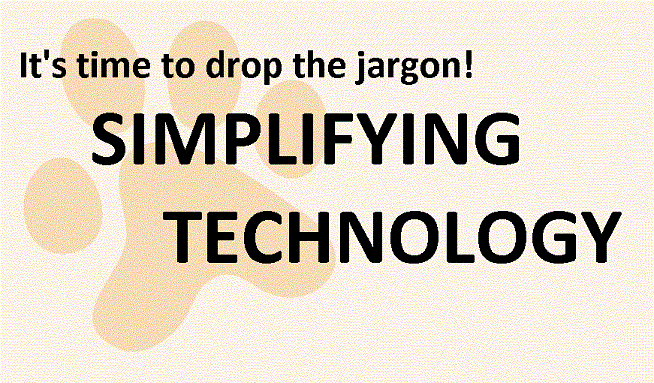Perhaps no company has been as vocal with its feelings about the revelations about the NSA's collection methods as Google has, and the company has been making a series of changes to its infrastructure in recent months to make it more difficult for adversaries to snoop on users' sessions. The biggest of those changes landed Thursday when the company switched its Gmail service to HTTPS only, enforcing SSL encryption on all Gmail connections.
The change is a significant one, especially given the fact that Google also has encrypted all of the links between its data centers. Those two modifications mean that Gmail messages are encrypted from the time they leave a user's machine to the time they leave Google's infrastructure. This makes life much more difficult for anyone-including the NSA-who is trying to snoop on those Gmail sessions.
"Starting today, Gmail will always use an encrypted HTTPS connection when you check or send email. Gmail has supported HTTPS since the day it launched, and in 2010 we made HTTPS the default. Today's change means that no one can listen in on your messages as they go back and forth between you and Gmail's servers-no matter if you are using public WiFi or logging in from your computer, phone or tablet," Nicolas Lidzborski, Gmail Security Engineering Lead, wrote in a blog post.
"In addition, every single email message you send or receive-100 percent of them-is encrypted while moving internally. This ensures that your messages are safe not only when they move between you and Gmail's servers, but also as they move between Google's data centers-something we made a top priority after last summer's revelations."
Google was in the process of encrypting the links between its data centers last year before the news broke that the NSA had the ability to tap those links and gather email messages and other data. That revelation enraged Google security engineers, and the company accelerated its plans to encrypt the links between data centers.
Gmail users have had the option to enable HTTPS only as the default connection option for more than four years. But the typical user may not have known that option was available. Now, users don't need to think about it; they're connections to Gmail will always be encrypted by default.
